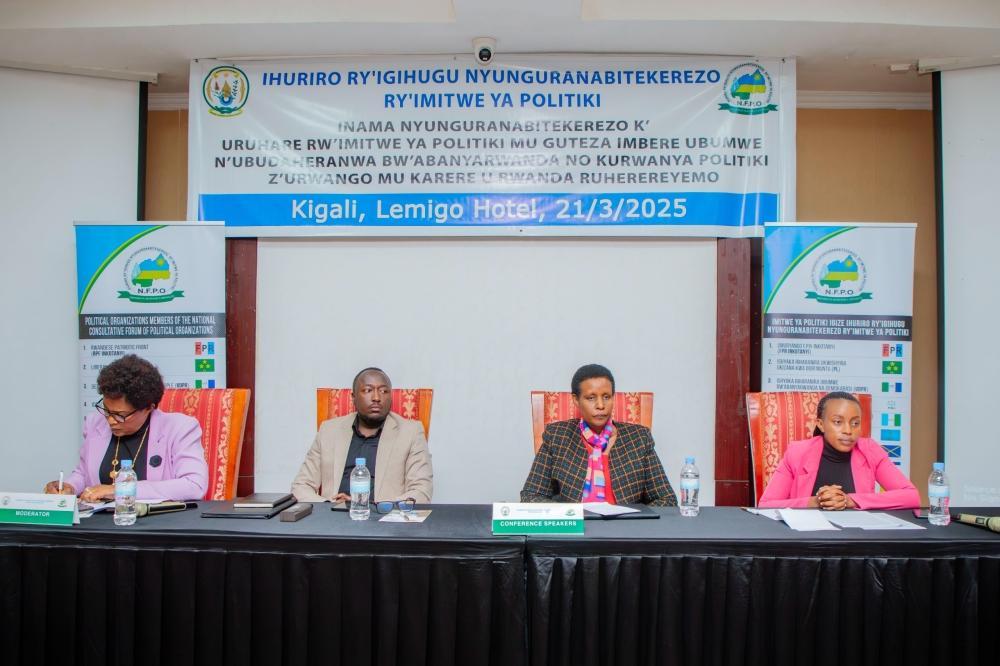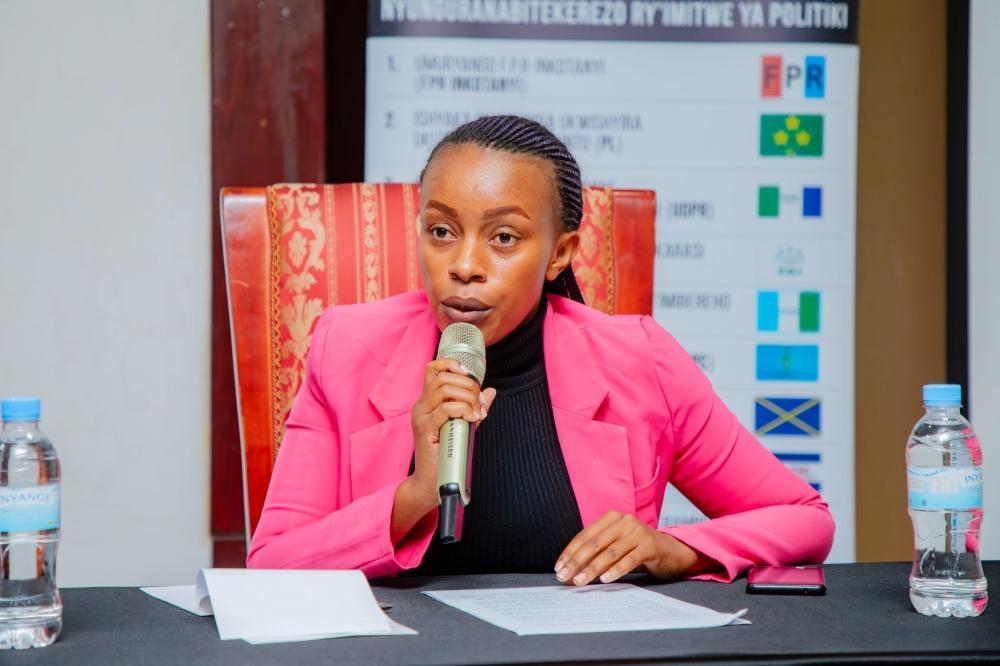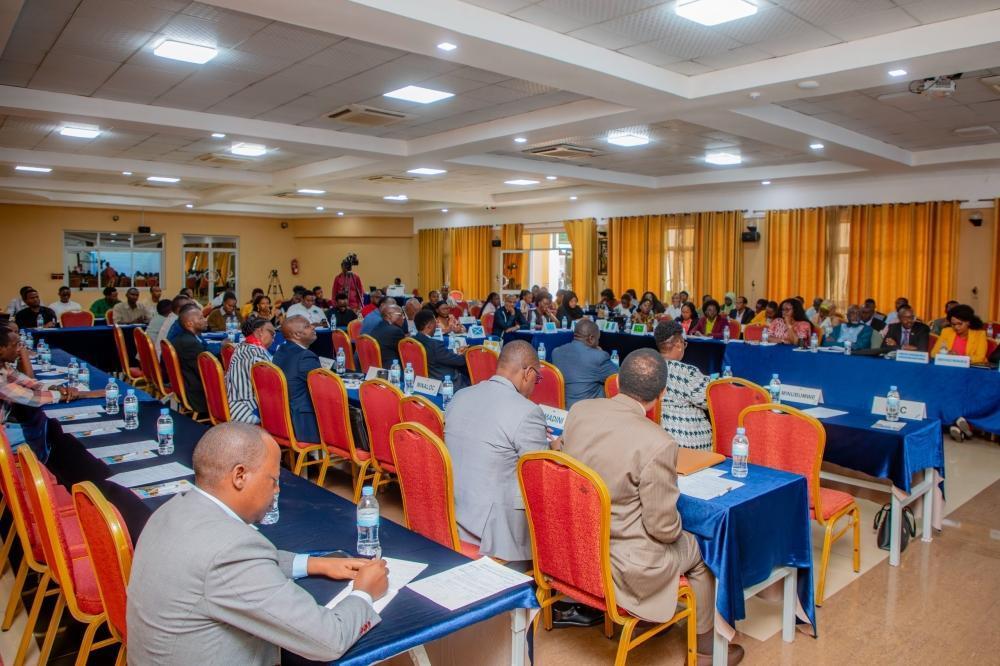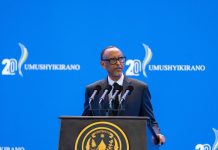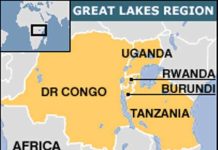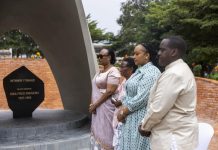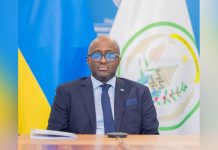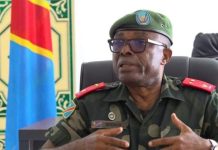Africa-Press – Rwanda. Political organizations played a significant role in fueling hate and division that led to the 1994 Genocide against the Tutsi, but now they have a responsibility to take the lead in promoting national unity, reconciliation, and positive youth participation in politics.
This was echoed during the meeting that brought together political organizations, government officials, youth representatives, religious leaders, and civil society leaders, on March 21, aiming to review the contribution of political organizations contribution in fostering national unity during the 2024 elections.
During the discussions organized by the Ministry of National Unity and Civic Engagement and the National Forum of Political Organizations (NFPO), political organizations were encouraged to inspire young people to actively engage in national affairs, including politics, governance, and countering genocide ideology and denial.
The National Electoral Commission (NEC) commended the youth for their high participation in last year’s electoral process, noting their strong presence in voter lists and political campaigns.
Oda Gasinzigwa, NEC chairperson, noted the peaceful and transparent campaign period and acknowledged the increased youth involvement. She noted that nearly two million new voters had registered, largely due to political parties’ efforts in mobilizing young people.
“We were impressed by youth participation; their presence on the voter list was high,” she noted.
“We appreciate political organisations for engaging the youth because most of them are members of political parties. In the past, the youth considered politics to be older people’s business.”
She also noted an increase in youth and women candidacy submissions and highlighted that some were independent candidates and others were members of political organizations.
Ornella Kamugisha Representing the youth
Ornella Kamugisha, a youth representative, said young people needed to play an active role in government programmes, countering genocide denial, and promote the “Ndi Umunyarwanda”, which reinforces national unity.
She also called on leaders and parents to provide more educational programmes on Rwanda’s history to help young people carry forward the nation’s values and preserve its cultural heritage.
The meeting also included graduates from the Youth Political Leadership Academy, a six-week program that brings together young members of political organizations to learn about politics and governance. This year’s cohort had 44 participants.
Ben Niyonshuti, one of the graduates, reaffirmed the youth’s commitment to working for national development and called for more training sessions to help them use social media effectively in countering misinformation.
“We are ready to work together with fellow youth in defending the country on social media,” he said. “However, advanced training would enhance our ability to contribute more effectively.”
Attendees
Lina Uwase Gihozo, a 22-year-old member of the Ideal Democratic Party (PDI), shared how the programme changed her perception of politics.
“Many young people are not interested in politics. The academy exposed us to experts who helped us understand how we can contribute to our country’s development,” she said.
“They made us understand what politics is all about. I learned that it is not always about fighting or debating. It is also about building the country. As long as you are the citizen of the country, it is a must that you know about its politics. Now we are open minded,” Gihozo said.
Gihozo encouraged young people to challenge hate speech, be patriotic, and showcase Rwanda’s progress and stability.
Eric Mahoro, the Permanent Secretary in the Ministry of National Unity and Civic Engagement, reminded participants that political organizations had historically contributed to division and hatred. He urged them to continue instilling positive values in their members and initiate programs that educate young people about Rwanda’s history.
“Inside Rwanda, genocide ideology does not increase. However, spaces that provide a platform for deniers to spread false narratives and genocide ideology abroad continue to grow,” he noted.
Mahoro cited studies that show 92 per cent of Rwandans have a sense of shared national identity and more than 95 per cent embrace national unity and reconciliation.
Senator Usta Kaitesi warned that genocide ideology does not require a large following to be dangerous, emphasizing that a single individual with such an ideology could destabilize an entire community.
She urged political organizations and young people to remain vigilant about the spread genocide ideology.
“Genocide is built on an ideology. It is not defined by the number of victims but by the intent to exterminate an entire ethnic group,” she said.
“We must remain alert because even a few people with extremist views can cause significant harm.”
Kaitesi also highlighted the progress Rwanda has made in ensuring political organizations contribute to national unity.
“In recent history, no political party has undermined Rwanda’s unity, and that is something we should be proud of,” she said.
She cited the Rwandan Constitution, which prohibits political organizations from being founded on race, ethnicity, religion, or any other division that could lead to discrimination.
“This is a remarkable achievement because, in the past, most political organizations were based on religion and ethnic divisions. Today, all parties are committed to national unity,” she said.
For More News And Analysis About Rwanda Follow Africa-Press

